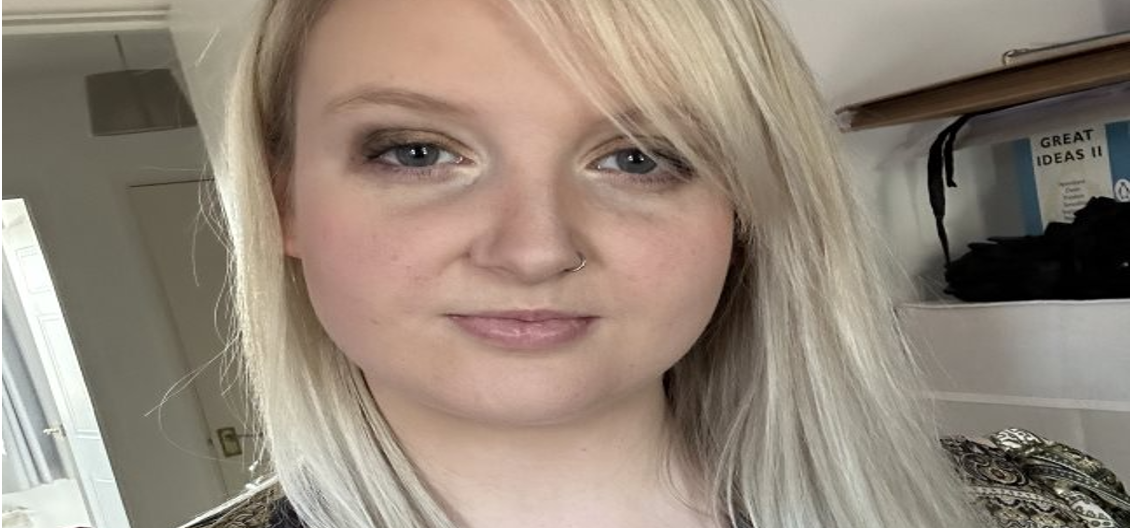
Kayleigh was diagnosed with prediabetes at 19, then type 2 diabetes aged 23. She has struggled with her mental health, but is now speaking out about her experiences to help other young people learn about type 2 diabetes and to break the stigma surrounding diagnoses in younger people.
